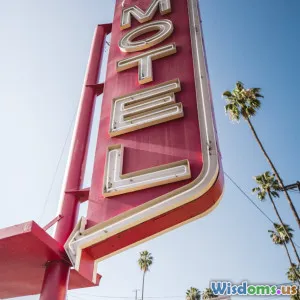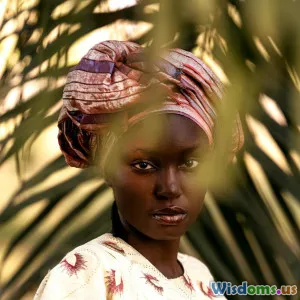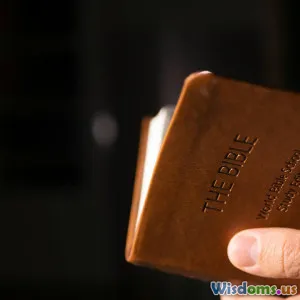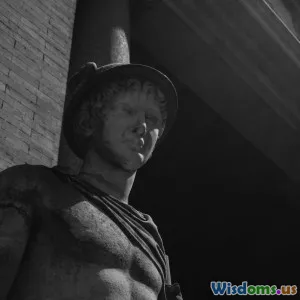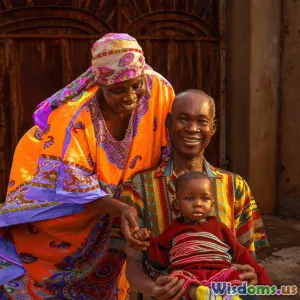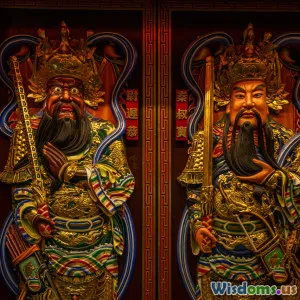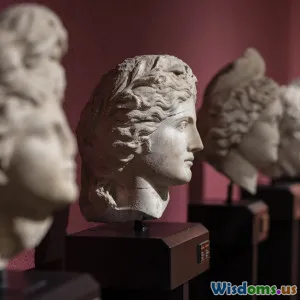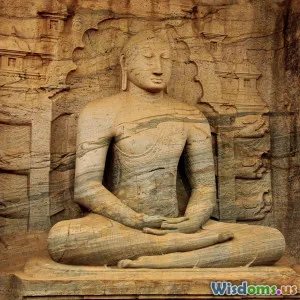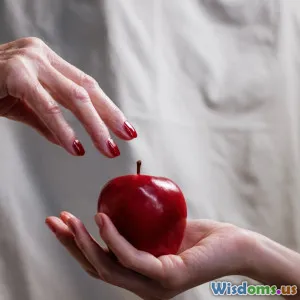
Mythology in Fantasy Literature
6 min read Explore how mythology enriches fantasy literature, creating immersive worlds and deep characters that resonate with readers. (0 Reviews)
Mythology in Fantasy Literature
Fantasy literature has long been intertwined with mythology, drawing inspiration from ancient tales to create rich, immersive worlds. This article explores the profound impact of mythology on the fantasy genre, examining how mythological themes, characters, and motifs shape narratives that resonate with readers across generations.
The Roots of Fantasy Literature
Fantasy literature as a genre began to take shape in the 19th century, but its roots can be traced back to ancient myths and legends. Works like Homer's 'Iliad' and 'Odyssey' or Norse sagas introduced themes of heroism, adventure, and the supernatural that would later become staples in fantasy literature. These early stories laid the groundwork for modern fantasy, establishing archetypes and narrative structures that continue to influence writers today.
Myths as Archetypes
One of the key contributions of mythology to fantasy literature is the establishment of archetypes. Joseph Campbell's concept of the Hero's Journey is a prime example, illustrating how characters such as Frodo Baggins from J.R.R. Tolkien's The Lord of the Rings or Harry Potter from J.K. Rowling's series follow a similar path of transformation. These archetypes resonate deeply with readers because they reflect universal themes of struggle, growth, and redemption found in myths.
World-Building Through Mythology
Mythology provides a framework for world-building in fantasy literature. Authors often draw upon cultural myths to create intricate settings filled with history, lore, and magic. For example, N.K. Jemisin's 'The Broken Earth' trilogy integrates elements of African mythology, creating a unique world that challenges traditional fantasy tropes. By weaving mythological elements into their narratives, authors can enrich their storytelling, making their worlds feel more authentic and relatable.
Characters Inspired by Myths
In fantasy literature, characters often embody traits derived from mythological figures. The archetype of the trickster, represented by figures like Loki in Norse mythology or Anansi in African folklore, appears in various forms in fantasy. Characters such as Rincewind from Terry Pratchett's Discworld series reflect these traits, providing humor and unpredictability to the narrative.
Female Archetypes in Fantasy
Mythology also plays a significant role in redefining female characters in fantasy literature. Figures like Athena (Greece) and Freya (Norse) serve as inspirations for strong female protagonists. Ursula K. Le Guin's 'Earthsea' series features powerful female mages, challenging traditional gender roles often seen in earlier fantasy works. This evolution highlights the importance of diverse representations in literature, allowing readers to see themselves reflected in various characters.
The Influence of Cultural Myths
Different cultures have rich mythological traditions that influence contemporary fantasy literature. Chinese mythology, for instance, has inspired works like Cixin Liu's 'The Three-Body Problem', which incorporates elements of Chinese history and folklore into a science fiction narrative. This blending of genres showcases how mythology transcends boundaries, enriching storytelling across cultures.
Modern Retellings of Myths
Many contemporary authors are reimagining classic myths in their works. Madeline Miller's 'Circe' reinterprets the story of the enchantress Circe from Homer's Odyssey, offering a fresh perspective on her character and motivations. Such retellings allow authors to explore timeless themes of power, identity, and agency, making ancient stories relevant to modern audiences.
Conclusion
The interplay between mythology and fantasy literature is a dynamic and enriching relationship that continues to evolve. As authors draw inspiration from ancient tales, they create new worlds and characters that resonate with readers, ensuring that the essence of mythology remains alive in contemporary storytelling. By exploring these connections, readers can gain a deeper appreciation for the narratives that shape our understanding of heroism, morality, and the human experience in the realm of fantasy.
In summary, mythology is not just a backdrop for fantasy literature; it is a vital force that shapes character development, world-building, and thematic exploration, making it an essential component of the genre's enduring appeal.
Rate the Post
User Reviews
Popular Posts










